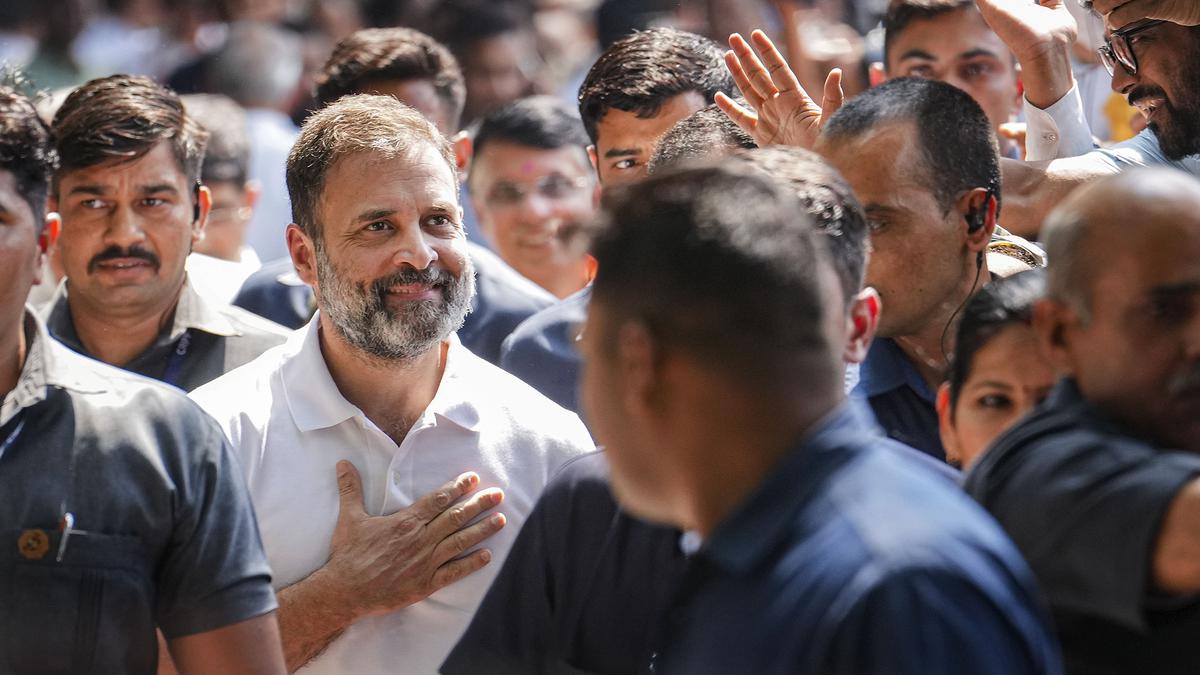As the political landscape in Karnataka heats up ahead of the upcoming elections, the Congress party has made several promises to the voters. However, a closer look at their guarantees reveals that they come with numerous riders and conditions.
The Congress party, aiming to secure a significant victory in the state, has put forth an array of pledges. These include promises related to employment opportunities, education, healthcare, and infrastructure development. While these assurances may sound appealing to the electorate, it is crucial to examine the fine print attached to them.
One of the main concerns raised by political analysts and rival parties is the lack of clarity in the Congress' guarantees. The promises often come with ambiguous timelines, making it difficult to assess the feasibility of their implementation. Critics argue that such vague assurances may be a strategy to secure votes without the intention of fulfilling them in a timely manner, if at all.
Furthermore, the Congress party's promises frequently depend on the availability of funds, grants, or central government support. This reliance on external factors raises questions about the party's ability to deliver on its commitments, especially if the necessary resources are not readily accessible.
Another significant aspect to note is the conditional nature of the guarantees. The Congress party often attaches various riders and prerequisites to their promises, making their fulfillment contingent on specific circumstances or events. This approach introduces an element of uncertainty and leaves room for potential delays or even abandonment of the pledged initiatives.
In addition to the conditions, critics argue that the Congress party's guarantees lack a comprehensive and well-defined roadmap for implementation. Without a clear strategy and timeline, it becomes challenging to hold the party accountable for its promises and ensure efficient execution.
While election campaigns are often characterized by lofty promises, it is essential for voters to critically evaluate the guarantees put forth by political parties. Understanding the conditions, feasibility, and implementation plans behind these assurances is crucial in making an informed decision at the ballot box.
As the Karnataka elections draw near, voters must closely scrutinize the promises made by the Congress party. By analyzing the fine print and questioning the ambiguous aspects, citizens can gain a better understanding of the party's commitment to delivering on its pledges. Ultimately, an informed electorate is essential for ensuring accountable governance and a brighter future for the state.

